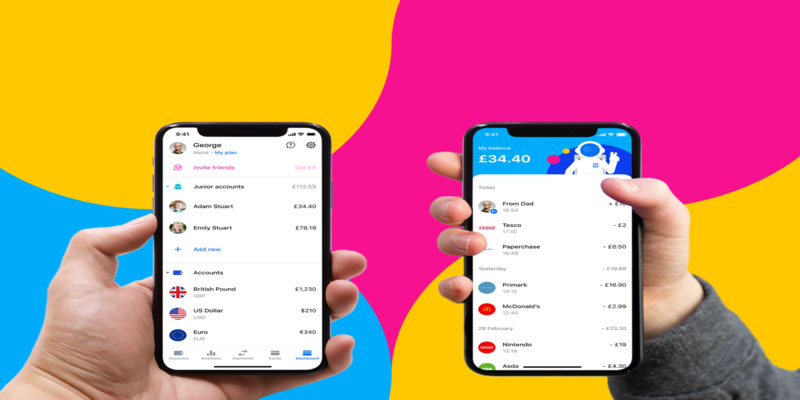Common college education financing methods include scholarships, grants, and student loans. Your institution's graduate school assistance package may include a work-study program. This article will define work-study, outline its qualifications, walk you through the FAFSA application process, and highlight some of the many advantages of participating in this program.
What Exactly Is Work-Study?

Part-time jobs are made available to undergraduate and graduate students in financial need through the federal or state government's Work-Study program. Earnings from work-study programs are used to offset various educational expenditures, including living.
This aids in cost-covering. However, the Work-Study program is not intended to cover the whole expense of your undergraduate or graduate education. Instead, it's supposed to supplement other funding sources, including savings, grants, scholarships, and student loans.
All Students Can Enroll
Although "work-study" is most commonly associated with undergraduates, it is also offered to post-baccalaureate students. Full-time and part-time students alike can participate in the work-study program. Usually, these occupations help the local community or are directly connected to the student's major.
A Financial Aid Scheme
Institutions of higher education that provide the Federal Work-Study program handle its administration. If you want to know if your school is a part of any work-study programs, either federal or state, contact the financial aid office.
Can I Get A Work-Study Program?
First, you need to submit a FAFSA if you want to be considered for work-study. Please mark the appropriate box if you want to be considered for a work-study program. It's important to submit your FAFSA application as soon as possible.
This is helpful since some forms of financial aid are distributed on a first-come, first-served basis. Students have a better chance of qualifying for work-study help if they submit their FAFSA early in the academic year before which they will be receiving it.
Applying For Federal Work-Study Funding
If you want to be considered for work-study funding, select that option. It's not certain that it'll be included in your total financial help package. If you qualify for work-study funding, you have the option of accepting the reward or not. Financial aid award decisions are often made within a couple of months of the FAFSA is submitted.
Based on your demonstrated financial need, the award will specify the total amount of government grants, loans, and work-study programs for which you qualify. Even if you are approved for work-study funding, you might need help to secure campus employment through this program. 1
What Does A Work-Study Job Pay?
Earnings in work-study employment must meet or exceed the federal minimum wage in effect at the time. However, depending on the nature of your work and your ability to perform it, you may be eligible for compensation over the minimum wage.
For example, positions at the library or dorm lobby may pay less than research or lab assistantships, which demand a higher degree of expertise or experience. An undergraduate student can expect to be paid hourly for a work-study position. In some cases, graduate students on work-study may be paid a salary rather than an hourly wage.
What Occupations Qualify For Work-Study?

On-campus work-study jobs include helping at the front desk or library, doing some light administrative work, serving food in the cafeteria, or even doing research. Full-time students can save time and energy by finding work on campus, where it is more convenient to live.
Getting some coursework done during breaks at some work-study positions is possible before engaging in any extracurricular activity during work hours, always clear it with your supervisor.
Like any new employee, you should familiarize yourself with the rules and regulations governing your workplace. Always check with your superiors if you have doubts about whether or not a particular action is acceptable on the job. Your business attire should reflect your responsibilities and the company's values.
Can You Really Benefit from a Work-Study Program?
You are not required to take a work-study position as part of your financial assistance package, but you should give it serious thought if one is given to you. As the customer put it, "The price is unbelievable."
You may learn a lot about the working world throughout your work-study program. The work-study program, according to Mahnken, has helped her get a head start on her future job. She gained knowledge in several areas, including scholarly writing, creative writing, and the use of technology in the classroom.











